Avoiding Debt Relief and Credit Repair Scams: A Small Business Guide
Lets Get Started
Approximately a third of Americans have low credit scores. Often these individuals turn to debt relief companies, credit counseling, or credit repair companies. It’s not just individuals, as many small business owners with bad credit can also face challenges. While seeking solutions, it’s crucial to steer clear of scams that prey on those in financial distress. This article explores how to avoid debt relief and credit repair scams, providing you with the knowledge to protect your business’s financial health.
Understanding Debt Relief and Credit Repair Scams
What Are Debt Relief Scams?
Debt relief scams typically promise significant debt reduction or quick fixes to your credit score, often demanding an upfront fee. These scams can come in various forms, such as fraudulent debt settlement companies or credit repair schemes.
Recognizing Credit Repair Scams
Credit repair scams often involve companies claiming they can remove negative information from your credit report, even if it’s accurate and timely. Be wary of firms that require payment before providing any services or promise a new credit identity or a guaranteed fix of your credit profile.
Warning Signs to Watch Out For
Upfront Fee: Legitimate credit counselors rarely ask for an upfront payment. If a company demands this, consider it a red flag.
Too-Good-To-Be-True Promises: Be skeptical of promises to erase your credit history or eliminate legitimate debts.
Pressure Tactics: High-pressure sales techniques, countless phone calls and pressing with urgency to act quickly are common tactics used by scammers.
Government Debt Relief Programs
While there are legitimate government-backed programs for debt relief, particularly for student loans, there’s no broad government program for general debt relief. Research thoroughly and consult reputable sources like the Federal Trade Commission (FTC) or the Consumer Financial Protection Bureau (CFPB) for accurate information.
Spotting Common Debt Relief Scams
Debt relief scams might promise to negotiate with your lenders to reduce or eliminate your debts. However, these promises rarely materialize, leaving you with less money and unchanged debt and yet another payment plan. Moreover, they may require you to sign a written contract. Be sure to review this with a professional so you know exactly what you are signing.
How Debt Relief Scams Operate
These scams often start with telemarketing calls or robocalls, offering unrealistic debt solutions. They may request your personal information, like your Social Security Number, putting your identity at risk.
Responding to Potential Scams
If you suspect a scam, contact the FTC, your state attorney general, or the Better Business Bureau (BBB) for guidance. Cease communication with the company and don’t share any personal information.
Choosing the Right Debt Relief Option
Merchant Cash Advances: A Preferable Option
For small business owners, merchant cash advances can be a preferable alternative to loans or lines of credit. Unlike loans, they offer flexible repayment* terms based on your business’s revenue, which can be more manageable.
The Benefits of Legitimate Debt Relief
Legitimate debt relief services can negotiate lower interest rates or monthly payments, helping you manage your debt more effectively. They can also provide a structured debt management plan to keep your business financially healthy.
Final Thoughts
Navigating the complexities of debt and credit as a small business owner can be challenging when you are in a tough financial situation. By understanding how credit repair organizations work, the signs of scams, and seeking reputable debt relief and credit repair services, you can protect your business and work towards a healthier financial future. Remember, if an offer seems too good to be true, it probably is. Trust in established organizations and always read the fine print before committing to any financial service.
*Repayment in this context describes the process of repurchasing a merchant cash advance. It does not describe the process of repaying a loan. MCAs are legally distinct from loan products.





